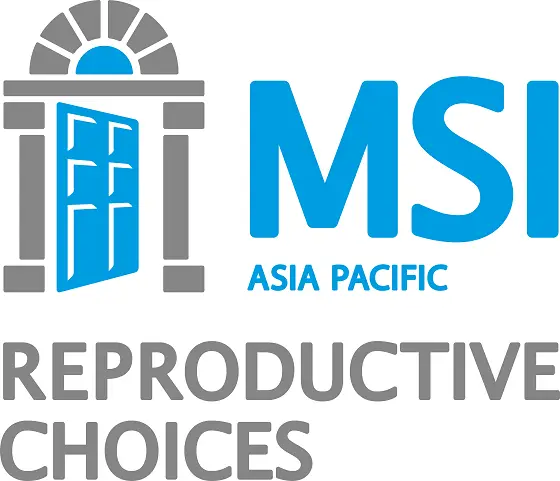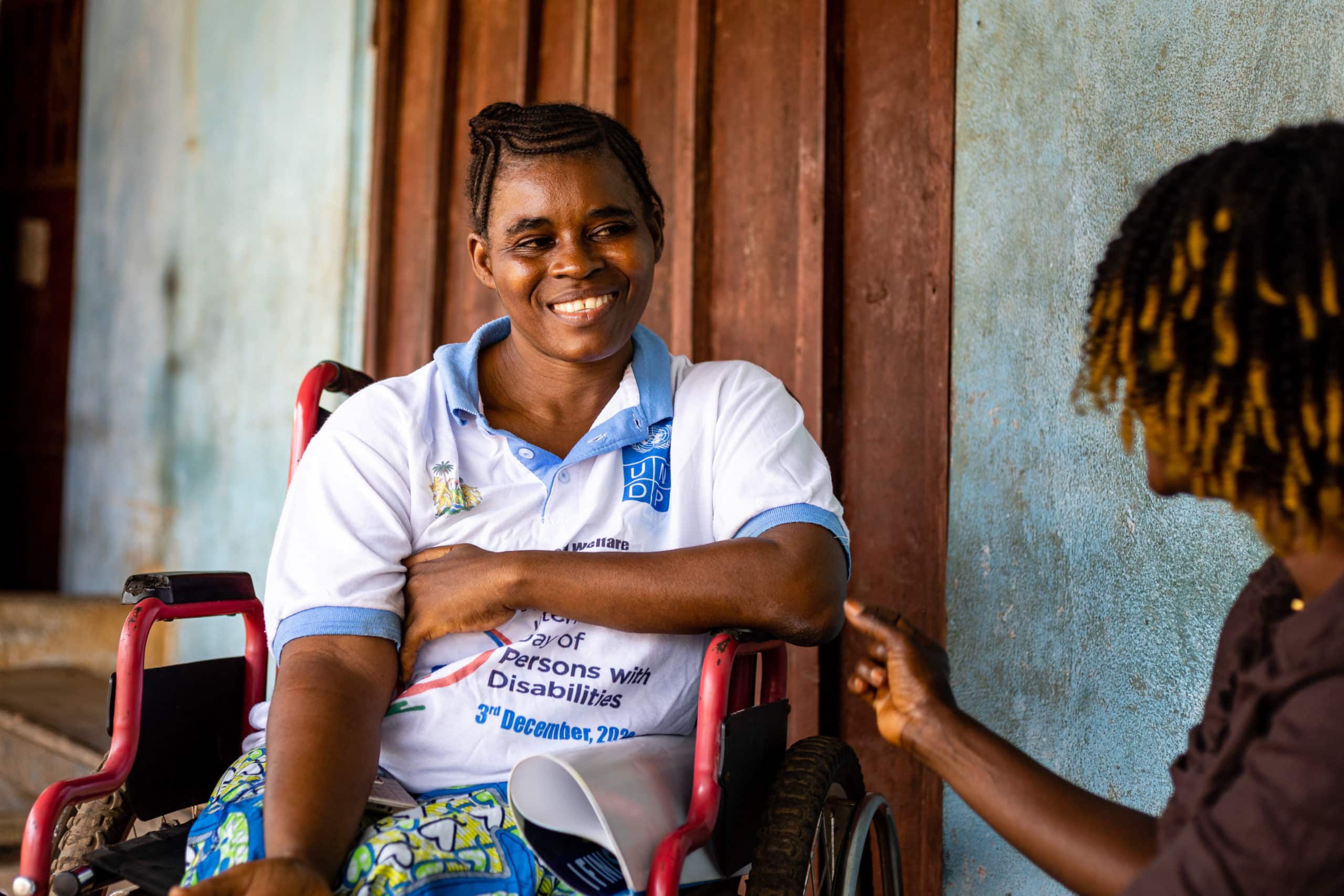In February, the second Global Disability Summit (GDS) took place. Stakeholders were asked to make commitments around a number of central themes. This year, 1413 commitments were made on disability inclusion.
MSI Reproductive Choice made four commitments:
- Engage Organisations of Persons with Disabilities (OPDs) in health-related policy design, planning, implementation, monitoring and evaluation
MSI Reproductive Choices has committed to leave no one behind in its provision of sexual and reproductive healthcare under its MSI 2030 strategy.
MSI commits to map and where possible to form inclusive relationships with Organisations of Persons with Disabilities (OPDs) to more systematically involve persons with disabilities in design and decision-making processes for service delivery, for example, consulting on where best to position outreach teams in order to provide convenient and free high-quality services.
- Disaggregate data by disability, gender and age in data collection and statistics.
MSI surveys a representative sample of clients in each of our service delivery channels (e.g. outreach teams; centres). Prevalence of clients with a disability at the channel and country level is calculated and where statistically possible, key organisational and demographic indicators are disaggregated by disability, year-on-year comparisons made, and comparisons to national survey/census estimates made to benchmark.
MSI Reproductive Choices have included the Washington Group Short Set on Functioning (WG-SS) in its global annual client exit interview survey and encourage partners do the same where appropriate.
MSI commits to continue to generate at least annual estimates of the proportion of MSI clients living with a disability at channel and country level.
- Address multiple and intersecting discrimination in the health sector.
Core to MSI’s understanding of an intersectional approach is through our client-centred care approach: providing care that puts clients’ interest first, and listening to, and being responsive to their multiple and unique needs. Launched in 2021 to support our MSI 2030 Strategy Goals, MSI’s Client-Centred Care Strategy requires country teams to involve our clients as active partners in their own care recognising the critical influence of organisational culture and protocols as well as staff wellbeing and competency to deliver positive and empowering client experiences.
Since 2018, MSI Reproductive Choices has led one of two consortia under the Women’s Integrated Sexual Health (WISH) programme, the UK’s Foreign Commonwealth and Development Office’s (FCDO) flagship investment to scale up support to integrated sexual and reproductive health and rights (SRHR) services across Africa and Asia. A core objective of the programme is to deliver access to services for those traditionally excluded from access, including people with disabilities. With a priority on learning more about intersectional approaches to delivering SRHR services, all WISH partners participated in a series of WISH4Results-facilitated workshops on intersectionality in 2021.
- Build capacities on inclusive health in the health workforce and in service delivery.
Rights-based principles of disability inclusion are essential for all our staff and providers at all levels of our organisation, and MSI is working with Leonard Cheshire to develop a suite of training videos for our global eLearning platform.
MSI has also been working with Leonard Cheshire to build capacity and generate learnings on providing disability inclusive SRHR. In Sierra Leone for example, MSI worked with Leonard Cheshire, ThinkPlace and the Sierra Leone Union on Disability Issues through a human-centred design process, to listen to, and learn from women living with disabilities about their barriers and experiences in accessing services; to identify opportunities to address these barriers; and to co-design prototype solutions. Building the capacity and confidence of MSI staff was identified as an opportunity and the resultant Inclusive Services Guide is a booklet for providers with easy-to-implement guidance on how to better prepare for, and tailor services for clients with different disabilities. It was piloted and refined in 2021, and learnings will be shared in 2022.
MSI commits to explore opportunities for adapting the Inclusive Services Guide for all our country teams beyond Sierra Leone.
To view all the commitments visit the Global Disability Summit.

